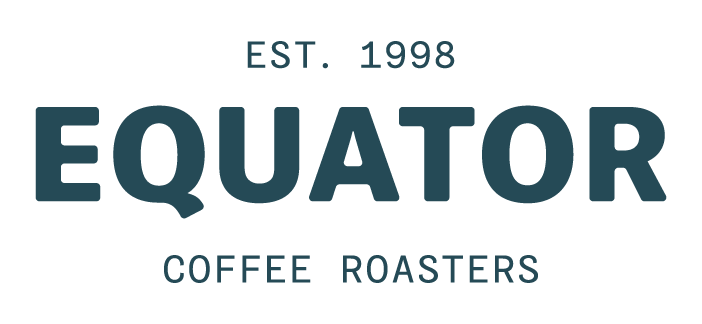
We often get customers asking if Equator Coffee Roasters tests for any mold or mycotoxins in our coffee.
What Are Mycotoxins?
Mycotoxins are secondary metabolites, or toxins formed by molds (1).
These organic molecules, which are produced by certain microfungi, have the potential to cause death and disease in humans and other animals. They can be found in food and, upon ingestion, may result in harmful side effects, from short-form acute poisoning to long-term reduced immune function or the development of cancer. (2)
The specific mycotoxins that are most relevant to coffee crops include ochratoxin A and aflatoxin B1 (3).
Does Equator Coffee Roasters Test For Mycotoxins?
Fortunately, due to the deliberately cold, dry environment in which we roast, package, and store our coffee in, we don’t actually have to go through any official testing. The very processes we use to roast and package our coffee eradicates the factors that mold or mycotoxins would need to survive and grow.
For instance, if we ever had any green coffee beans arrive in our facility with any trace or type of mold on them, the extreme temperature of the roasting process itself would kill off the molds.
Once our coffee has been roasted, we bag it in special one-way valve bags. This permits the CO2 that continues to be emitted from the coffee beans to escape from the bag, which also serves to prevent any kind of oxygen from getting into the bag. Mold cannot grow without oxygen.
Equator Coffee Roasters is certified Organic, meaning our coffee is free from any chemicals.
Our coffee is also freshly roasted every week and never sits long enough in our facility to have the chance of yielding mycotoxins or mold.
Rest assured: you and your coffee are in good hands.
If you’re still worried about mycotoxins, keep in mind that almost every kind of food may contain trace amounts, but in such small quantities far below safety limits that there is no cause for concern. Most people’s blood has ochratoxin A, and mycotoxins have even been found in human breast milk. So you shouldn’t be affected.
References:
- Bennett, J. W. & Klich, M. (2003, July). Mycotoxins. Retrieved July 24, 2024, from https://www.ncbi.nlm.nih.gov/pmc/articles/PMC164220/
- World Health Organization. (2023, October 2). Mycotoxins. Retrieved July 24, 2024, from https://www.who.int/news-room/fact-sheets/detail/mycotoxins
- Gunnars, K. (2023, June 13). Mycotoxins Myth: The Truth About Mold in Coffee. Retrieved July 24, 2024, from https://www.healthline.com/nutrition/the-mycotoxins-in-coffee-myth#mycotoxins
